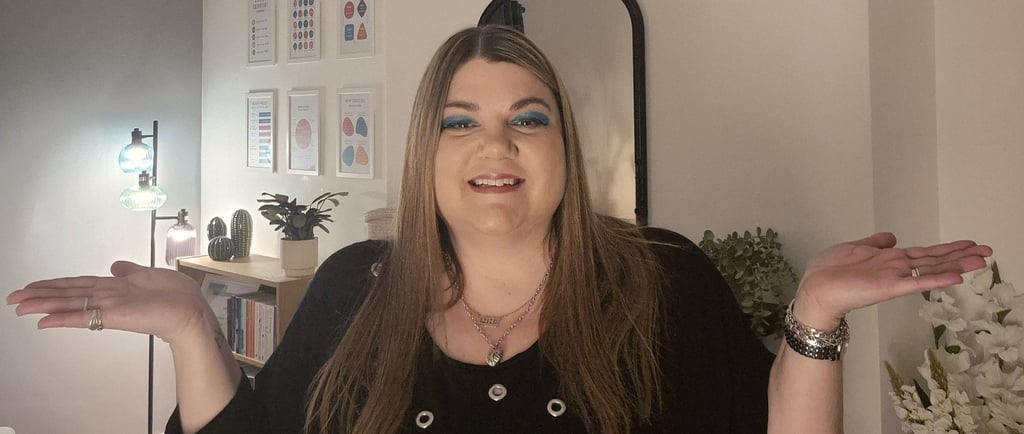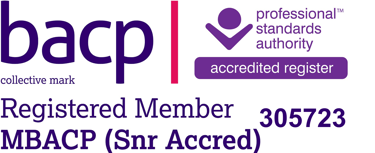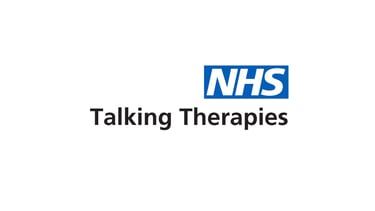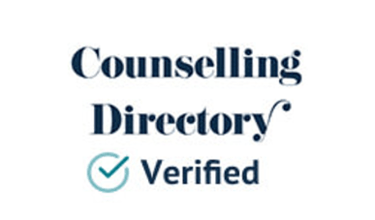What to Expect in Your First Therapy Session
A Reassuring Guide for New Clients


What to Expect in Your First Therapy Session: A Reassuring Guide for New Clients
Starting therapy for the first time can bring up all sorts of feelings—nervousness, curiosity, hope, and maybe even a bit of fear. That’s completely normal. Whether you're seeking support for anxiety, low mood, relationship difficulties, grief, or simply wanting space to understand yourself better, your first therapy session is a brave and meaningful step towards emotional wellbeing.
I know how daunting it can be to reach out for support—especially if you’re not quite sure what to expect. So, here’s a gentle guide to help ease any worries and give you a clearer picture of what your first therapy session might look like.
Before Your First Therapy Session
All potential clients will be offered an initial clinical assessment which you can book online via my website, this can be done wither in person or online. You will also receive a confirmation email and I will also send a test message or email to let you know I have received your booking and details of where I will meet you.
If your session is online, make sure you’ve got a quiet, private space where you feel safe and comfortable. If you’re coming in person, it’s worth checking directions and giving yourself a bit of extra time to arrive without feeling rushed.
What Happens in Your First Therapy Session?
I will need to take some personal information and ask about your current mental wellbeing and what has brought you to therapy. You will have the opportunity to ask questions and we can agree together how you want to work, we can also decide together if I am the right therapist for you. There’s absolutely no pressure to go into everything straight away— but I do ask open questions to help understand your experiences and what you hope to get out of therapy.
Understanding Confidentiality and Boundaries
Confidentiality is a cornerstone of therapy. I have a Counselling Agreement which explains how information is kept private, and the rare circumstances when confidentiality might need to be broken—such as concerns about serious harm to yourself or someone else. This is always handled with care and transparency.
Exploring Therapy Goals (If You’re Ready)
Some clients come to therapy with clear goals, while others aren’t sure where to start—and both are perfectly okay. Your therapist may ask things like:
What’s been feeling difficult lately?
What changes are you hoping for?
Have you had therapy before, and what worked (or didn’t)?
Time for Your Questions, Too
This is your space, so if you have any questions about therapy, now’s the time to ask. Whether it’s about the therapeutic process, how long therapy might last, or what to expect going forward, no question is too small.
Do I Have to Talk About Everything in the First Session?
Not at all. The first session is just the beginning. You won’t be expected to share anything before you’re ready. Therapy is a gentle unfolding process, and it’s absolutely okay to take your time.
What If I Feel Nervous or Don’t Know What to Say?
Most people feel a bit unsure or anxious before their first session. That’s completely normal. There’s no ‘right’ way to do therapy, and your therapist will support the conversation in a way that helps you feel heard, respected, and safe.
After Your First Therapy Session
You might leave your session feeling lighter, thoughtful, relieved—or even a bit emotionally drained. All of these responses are valid. It can help to take some quiet time afterwards to reflect on how the session felt and whether my style feels like a good fit for you.
It’s okay and normal to raise any doubts or feelings at your next session, or in a follow up email or message—or to explore other options if you feel the fit isn’t quite right. Therapy works best when you feel safe, understood, and genuinely supported.
Taking That First Brave Step
Starting therapy is a courageous act of self-care. It’s a commitment to your wellbeing and emotional health. While the first step can feel scary, it’s also a powerful one—and you don’t have to do it alone.
Whether you’re feeling overwhelmed, stuck, curious about personal growth, or navigating a big life change, therapy offers a confidential, supportive space to explore it all.
If you’re thinking about starting therapy and want to know more about what it’s like to work together, I’d be happy to answer any questions. You can read more or get in touch via the Platinum Psychotherapy contact page.
You deserve support. Therapy can help you feel more grounded, connected, and hopeful—whatever you’re facing.






